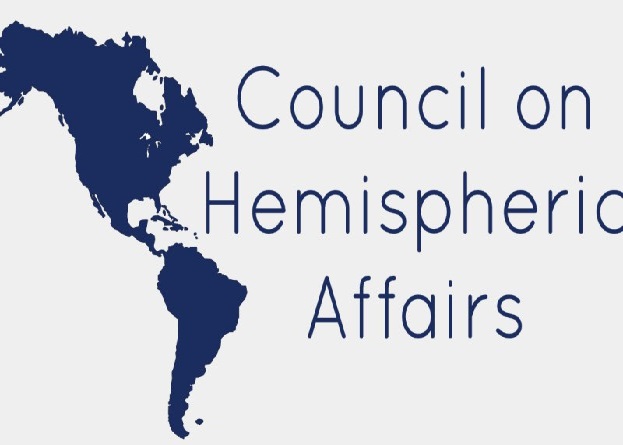A rebuttal to Senior Research Fellow Sean Burges’ article, “How Will Trump Deal with China’s Rise in Latin America?” published by Americas Quarterly
More caution is in order on Trump’s evolving Latin America Policy
By Frederick Mills, Guest Scholar at the Council on Hemispheric Affairs
A rebuttal to Senior Research Fellow Sean Burges’ article, “How Will Trump Deal with China’s Rise in Latin America?”
COHA’s expression of great concern about “the future of Washington’s military strategy in Latin America” links to an article that does not appear to consistently share that concern. In “How Will Trump Deal with China’s Rise in Latin America?” (Americas Quarterly, April 11, 2017) Sean W. Burges says that Southern Command’s Admiral Kurt W. Tidd’s remarks before the Senate Arms Service Committee “are worth noting for three insights into the Trump administration’s still-evolving policy toward Latin America.” While Burges acknowledges that some of Tidd’s remarks about China as a “strategic threat” and about “illicit flows of goods” could provoke “major headaches for regional leaders” certain other remarks were portrayed as more innocuous.
Burges does not seem to find anything troublesome in Tidd’s “reference to the growing crisis in Venezuela and a sense that events there may result in a strong regionally-led response, not U.S. intervention.” But wait a minute. There already has been and continues to be US intervention in Venezuela. Do the relentless Washington backed efforts of OAS Secretary Luis Almagro to evoke the Democratic Charter against Venezuela not count as intervention? Does Florida Republican Senator Marco Rubio’s public warning to the governments of El Salvador, Haiti, and the Dominican Republic, that the US would cut off aid if they did not vote to suspend Venezuela from the Organization of American States, not amount to intervention? Do the US executive orders against Venezuela, with one recently added by President Trump, not constitute US intervention? Does the US long time support of the Venezuelan opposition not qualify as US intervention? Do the millions of dollars in USAID and NED aid to opposition NGO’s in Venezuela not reek of intervention? With just a modicum of skepticism about US intentions in the region, there is good reason to be alarmed over these remarks, not lulled into complacency.
This is also not the time to let bygones be bygones. Burges says “Tidd was asking the region to forgive the U.S. its past sins and join forces in a real partnership” and that this is an invitation “regional leaders may want to seriously consider.” Burges adds that “Tidd may be offering Latin American countries an opportunity to . . . advance their own national interests across a gamut of security issues.” Again, Burges offers us no reason to be confident that Washington prioritizes anything other than imperial and transnational interests. On the face of things, the very very big US-Mexico wall project is not much a confidence builder. And looking at the big picture, the first signs of Washington’s version of enhancing security should be raising alarm bells, not a sense of “opportunity.” In just the past few weeks we have witnessed:
- An alarming expansion of the US war machine in Syria, Iraq, Somalia, and Yemen;
- A US armada on the way to the Korean Peninsula;
- The historic dropping of “the mother of all bombs” over the Achin district of Afghanistan’s Nangarhar province; and
- The emboldened anti-Bolivarian lobby in the US Congress hard at work, with Nicaragua as its latest target,
Let us remember that Obama had also asked us to forget the past; those who dared to forget were rudely awakened on June 28, 2009 to a coup that ousted democratically elected President of Honduras Manuel Zelaya, a nightmare which the people of Honduras must still endure. We sleep today at our own peril.
By Frederick Mills, Guest Scholar at the Council on Hemispheric Affairs


